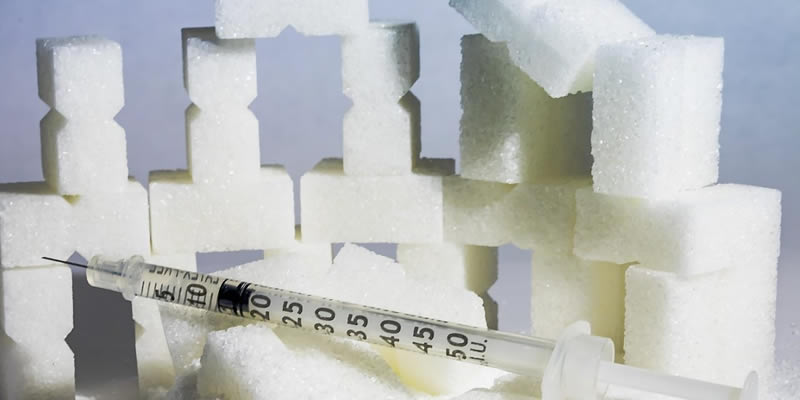Hyperglycemia
Hyperglycemia refers to high levels of sugar, or glucose, in the blood. It occurs when the body does not produce or use enough insulin, which is a hormone that absorbs glucose into cells for use as energy.
High blood sugar is a leading indicator of diabetes. If a person with diabetes does not manage the sugar levels in their blood, they can develop a severe complication called diabetic ketoacidosis (DKA).
If a person does not get treatment for ketoacidosis, they can fall into a diabetic coma, which a dangerous complication of diabetes.
Causes
Most people will experience an increase in blood sugar levels after eating an unusually large high-glucose meal, but people who experience consistent hyperglycemia may have problems with producing or using insulin.
Insulin is a hormone produced in the pancreas that allows cells to use glucose for generating energy and functioning normally. When insulin is low or inefficient, diabetes may develop.
There are two types of diabetes:
- Type I diabetes occurs when the body does not produce insulin.
- Type 2 diabetes occurs when the body does not use insulin effectively. As a result, glucose remains in the blood and circulates the body.
Overeating and not doing enough exercise can lead to continuously high amounts of sugar in the blood. This can reduce the efficiency of insulin by giving it more glucose than it can process.
Stress in work, life, and relationships can also release hormones that keep glucose at high levels in the blood. One study [1] statistically linked stress with high blood sugar.
An illness, such as flu, might also lead to stress that causes a spike in blood sugar.
Dawn phenomenon
A common cause of hyperglycemia in people with diabetes is the dawn phenomenon.
This condition occurs in the early morning when certain hormones, such as epinephrine, glucagon, and cortisol, cause the liver to release glucose into the blood.
This phenomenon occurs typically around 8 to 10 hours after an individual with diabetes goes to sleep.
Not all high blood sugar levels in the morning are the result of the dawn phenomenon, however. They can also occur as a result of eating sugary or high-carbohydrate snacks before bed, taking an incorrect dose of medication, or not taking enough insulin.
Waking up during the night and testing blood sugar can be an effective way to determine whether these peaks are a result of the dawn phenomenon or down to other causes.
Symptoms
Hyperglycemia causes symptoms that a person will either detect during self-monitoring or notice in other ways, including:
- blood glucose levels higher than 130 milligrams per deciliter (mg/dl) before eating a meal or above 180 mg/dl 2 hours after the start of a meal
- frequently needing to pass urine
- feeling thirsty more often
- a higher than average volume of glucose in the urine
While noticeable symptoms of hyperglycemia do not often occur at a level below 250 mg/dl, people with diabetes should self-monitor regularly enough to catch glucose levels before they reach the stage where they cause symptoms.
